List of America's one-term presidents & why they were not re-elected
U.S. President Joe Biden becomes the most recent entrant in a list of president who served for only one term.
U.S. President Joe Biden announced that he would not be seeking re-election for a second term in the November 5, 2024 elections.
Biden, in a statement said that he would be focused on completing his remaining term, endorsing his Vice President Kamala Harris as his most preferred nominee for the Democratic Party to take on former President Donald Trump.
![Joe Biden endorses Kamala Harris as Democrats' candidate after withdrawing from race [X:@JoeBiden]](https://ocdn.eu/pulscms/MDA_/5be6ac81db110282f1695168a0a5428e.jpg)
Biden now joins a list of former U.S. Presidents that only served for one term.
John Adams (1797-1801)
The second president of the United States, John Adams was a Founding Father who faced significant challenges during his presidency, including conflicts with political adversaries and foreign nations.
His support for the Alien and Sedition Acts, perceived as a violation of civil liberties, contributed to his unpopularity.
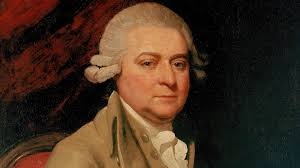
In the contentious election of 1800, Adams lost to Thomas Jefferson, becoming the first sitting president to be defeated in a reelection bid.
Martin Van Buren (1837-1841)
Serving as the eighth president, Martin Van Buren entered office amid economic prosperity but quickly faced the Panic of 1837, which led to a severe depression.
His adherence to limited government intervention and rejection of a national bank did not resonate with voters during the economic crisis.
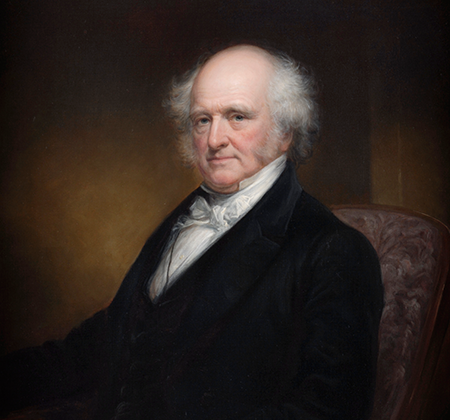
Consequently, he was defeated by William Henry Harrison in the 1840 election.
Benjamin Harrison (1889-1893)
The 23rd president, Benjamin Harrison, won the presidency despite losing the popular vote in 1888.
His term was marked by tariff issues and economic challenges, and he lost the 1892 election to Grover Cleveland, making him the only president to serve non-consecutive terms with Cleveland.
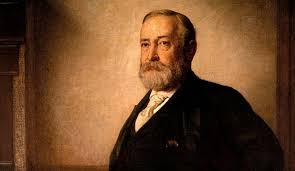
William Howard Taft (1909-1913)
Taft, the 27th president, was handpicked by Theodore Roosevelt but faced significant opposition from the progressive wing of the Republican Party.
His presidency was overshadowed by internal party conflicts, leading to his defeat by Woodrow Wilson in 1912. Taft later found greater satisfaction as Chief Justice of the United States.
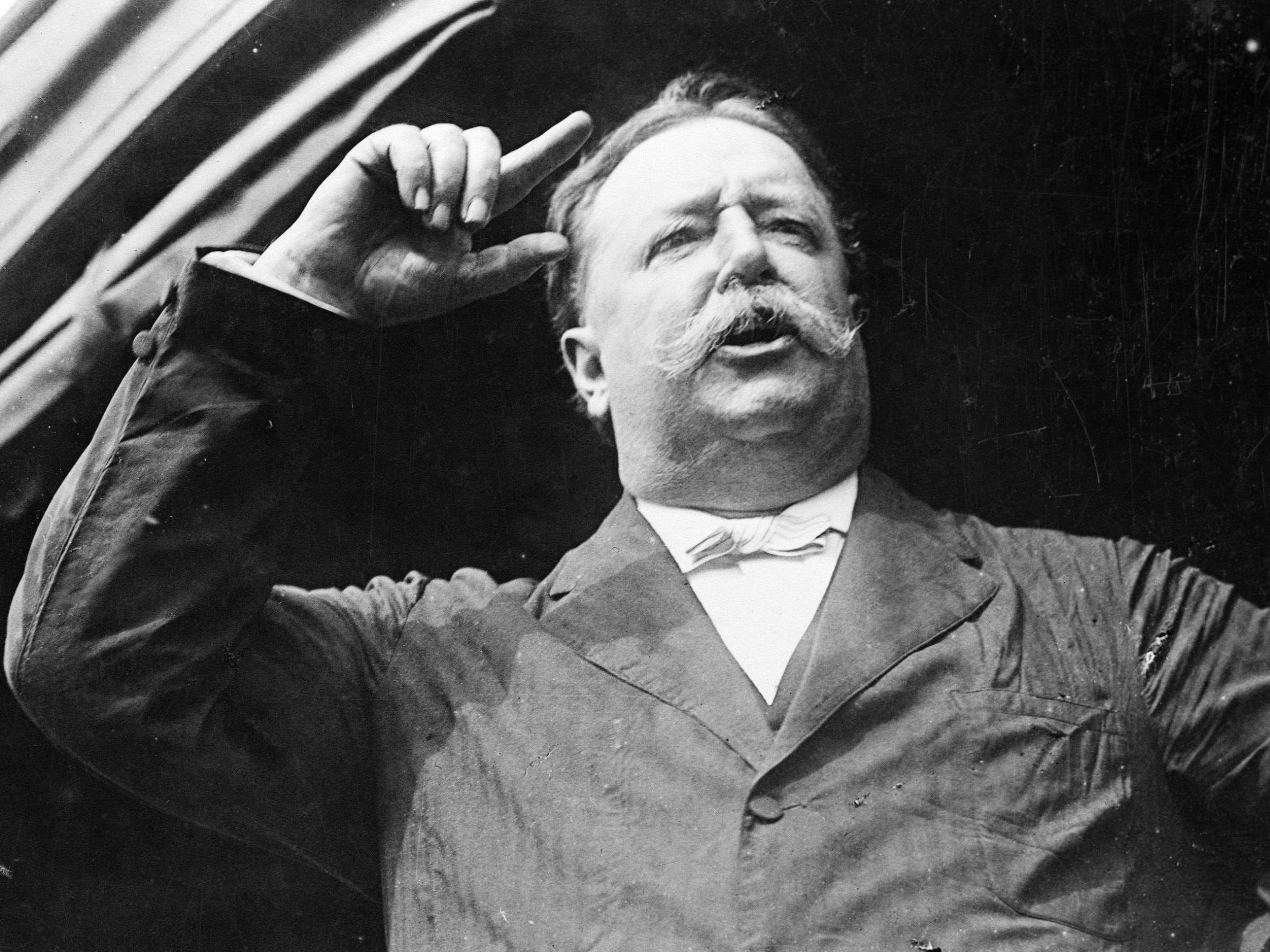
Herbert Hoover (1929-1933)
Serving as the 31st president, Hoover's term was dramatically impacted by the onset of the Great Depression shortly after he took office.
His inability to effectively address the economic crisis led to widespread dissatisfaction, resulting in his loss to Franklin D. Roosevelt in 1932.
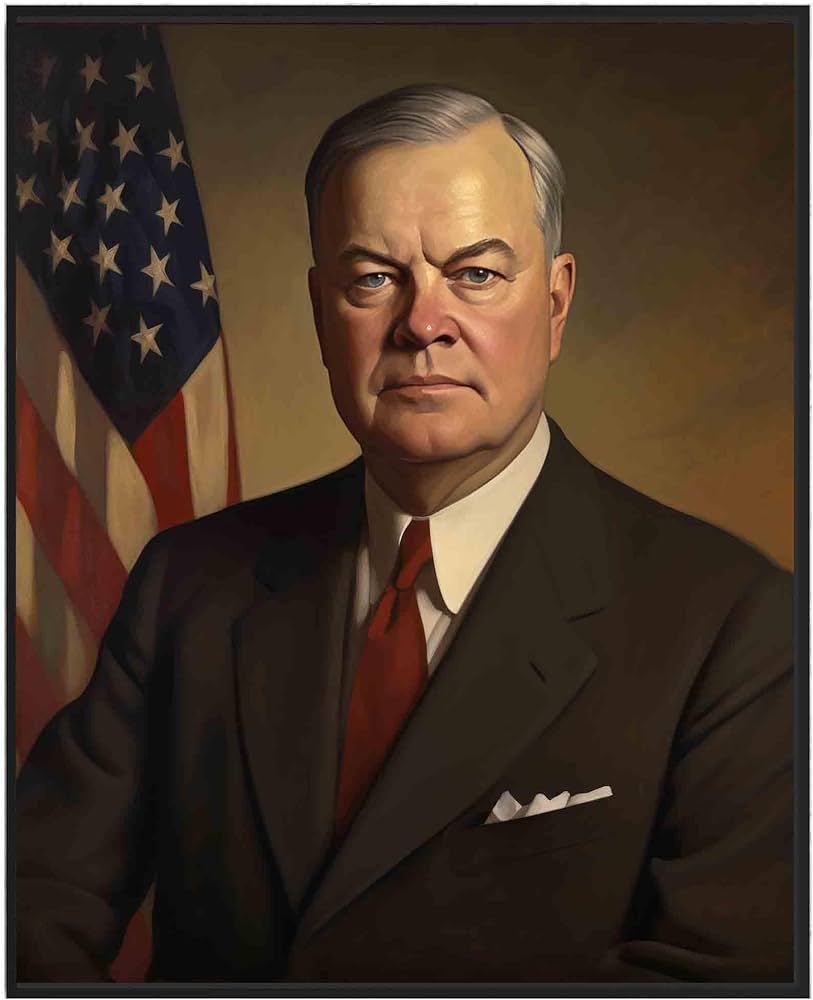
Jimmy Carter (1977-1981)
The 39th president, Carter's administration was marked by significant challenges, including an energy crisis and the Iran hostage situation.
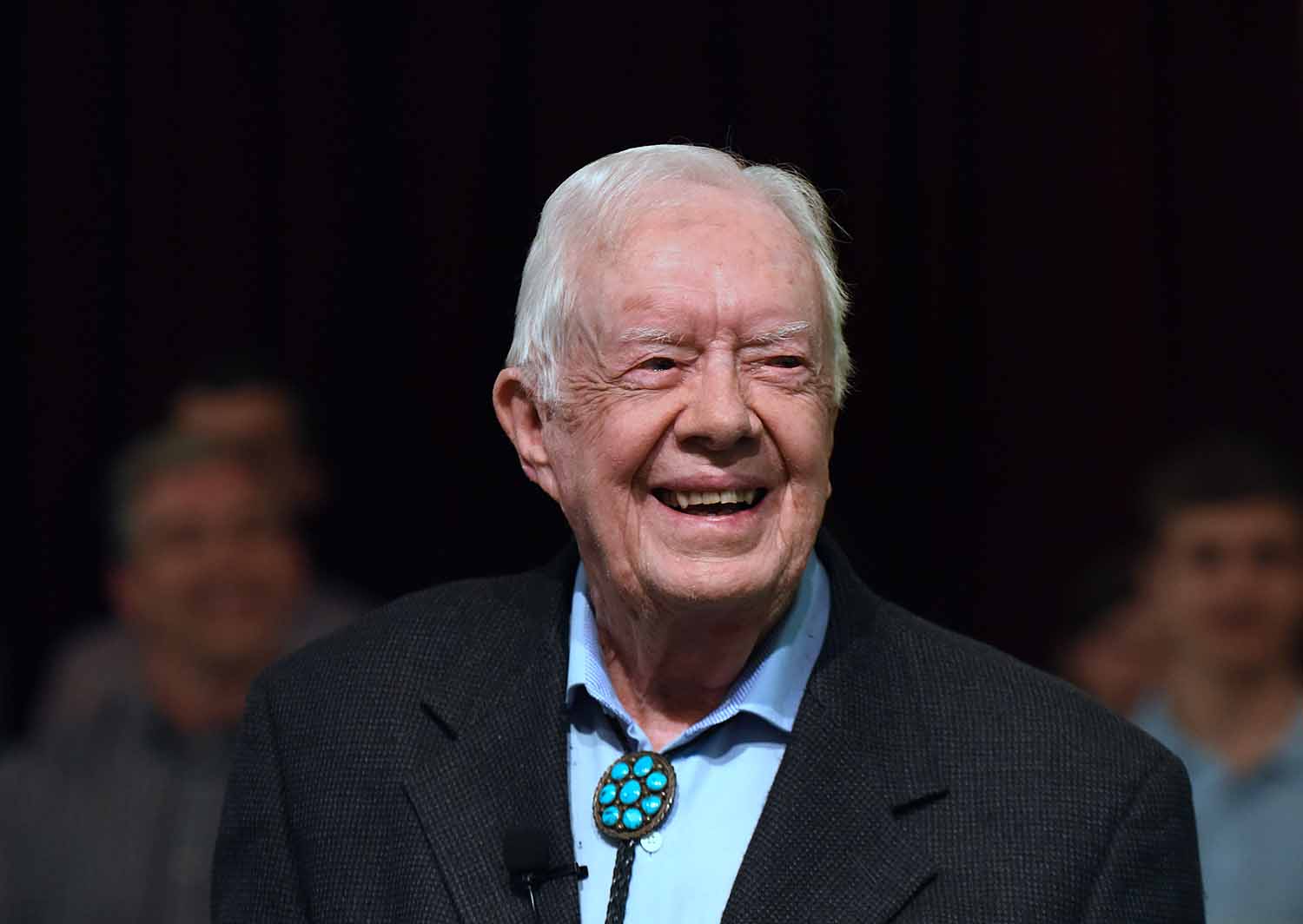
Despite his efforts to promote human rights and peace, these issues contributed to his defeat by Ronald Reagan in the 1980 election.
Donald Trump (2016-2020)
The 45th president, Trump faced a highly polarised political landscape during his term.
His presidency was characterized by significant policy changes and controversies, culminating in his loss to Joe Biden in the 2020 election.
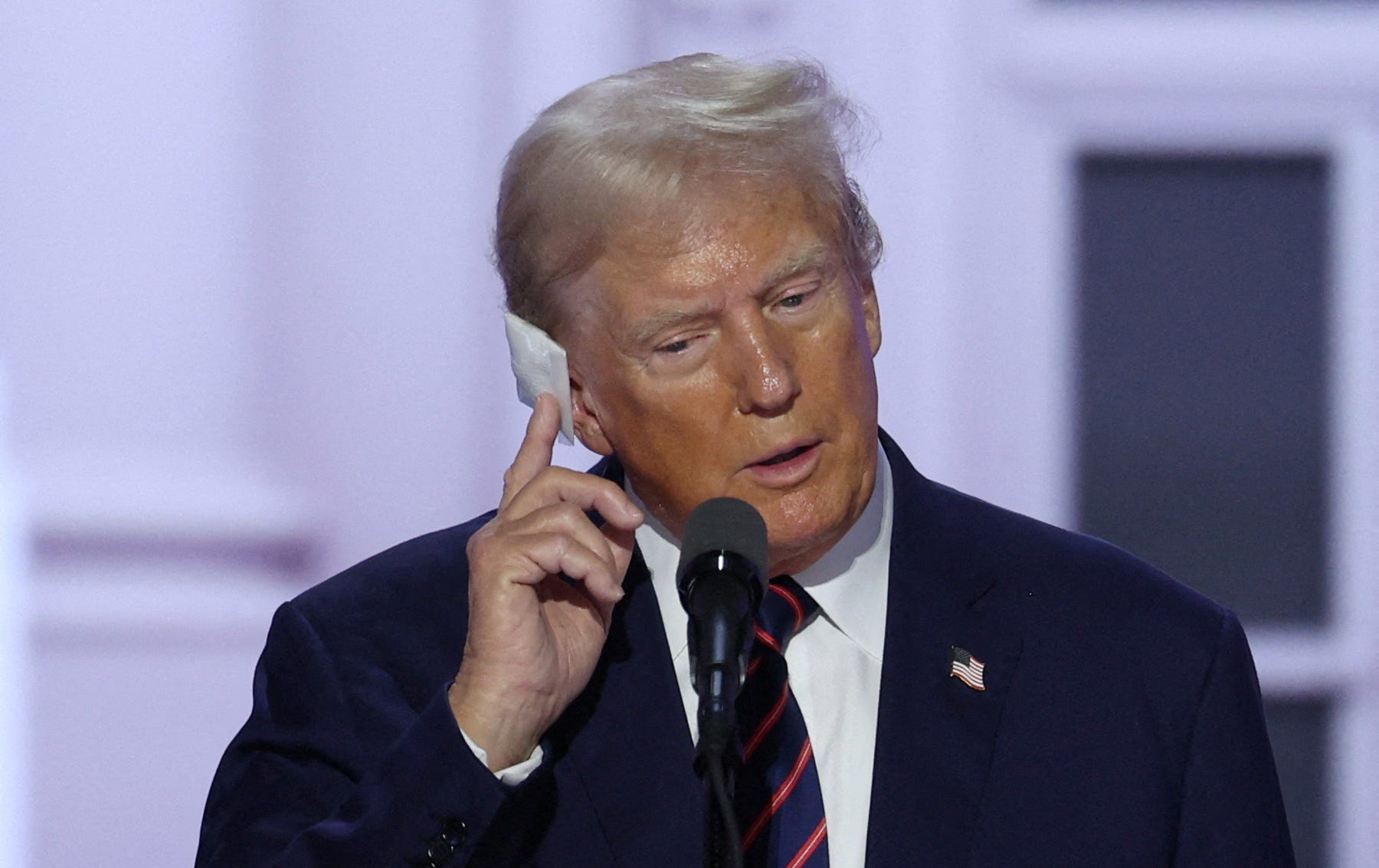
George H.W. Bush (1989-1993)
The 41st president, Bush enjoyed high approval ratings following the Gulf War but saw his popularity decline due to economic troubles.
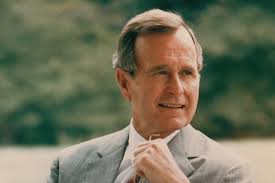
He lost the 1992 election to Bill Clinton, marking his tenure as a one-term presidency.
John Quincy Adams (1825-1829)
The sixth president and son of John Adams, John Quincy Adams faced accusations of corruption and political maneuvering during his presidency.
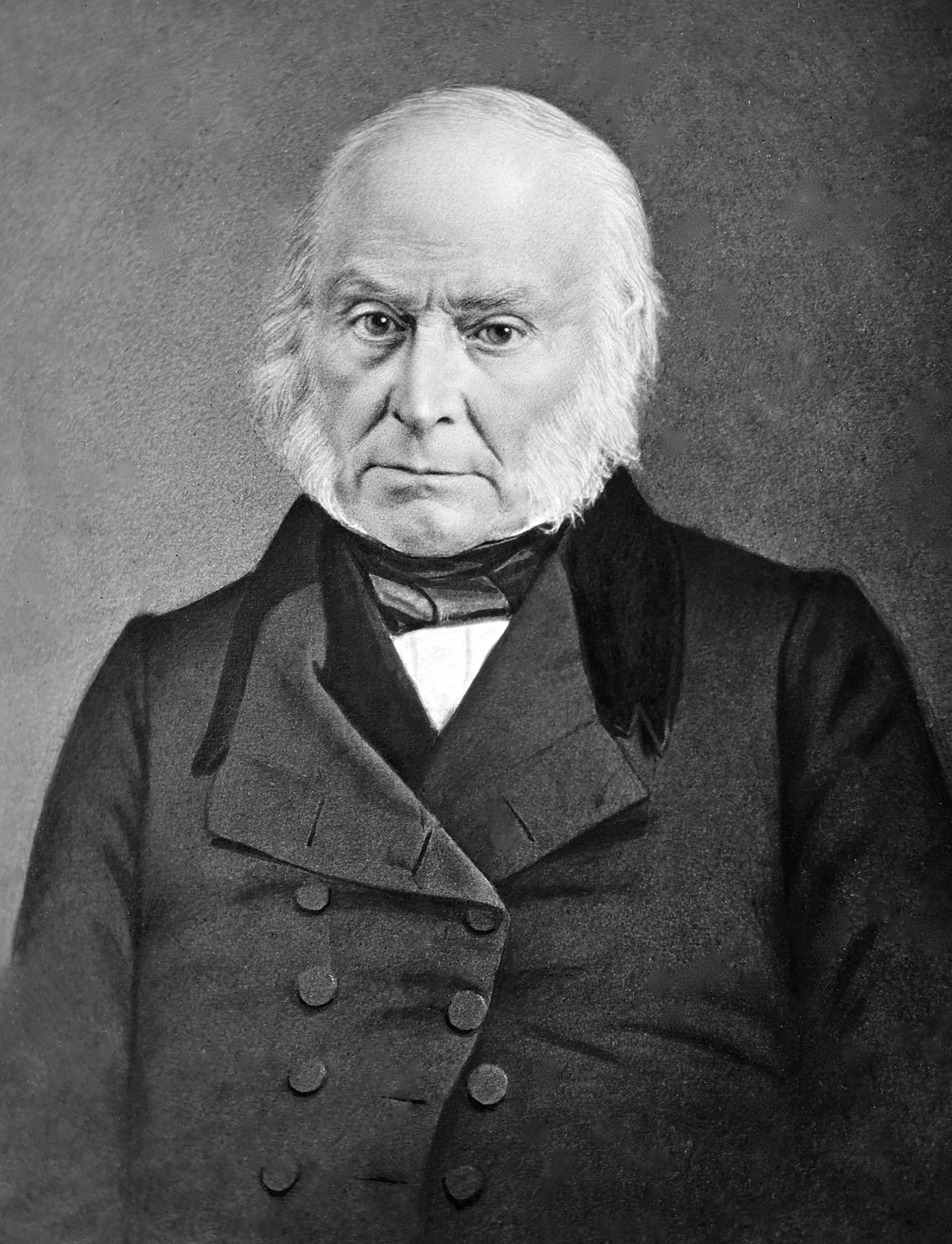
His defeat by Andrew Jackson in 1828 reflected a shift in the political landscape and public sentiment.
Gerald Ford (1974-1977)
Ford became the first unelected president after Richard Nixon's resignation. His decision to pardon Nixon was controversial and may have contributed to his loss to Jimmy Carter in the 1976 election.
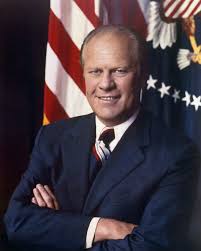
These one-term presidents navigated complex political landscapes, each facing unique challenges that shaped their legacies and ultimately led to their electoral defeats.
ridoola.blogspot.com.ng
Comments
Post a Comment